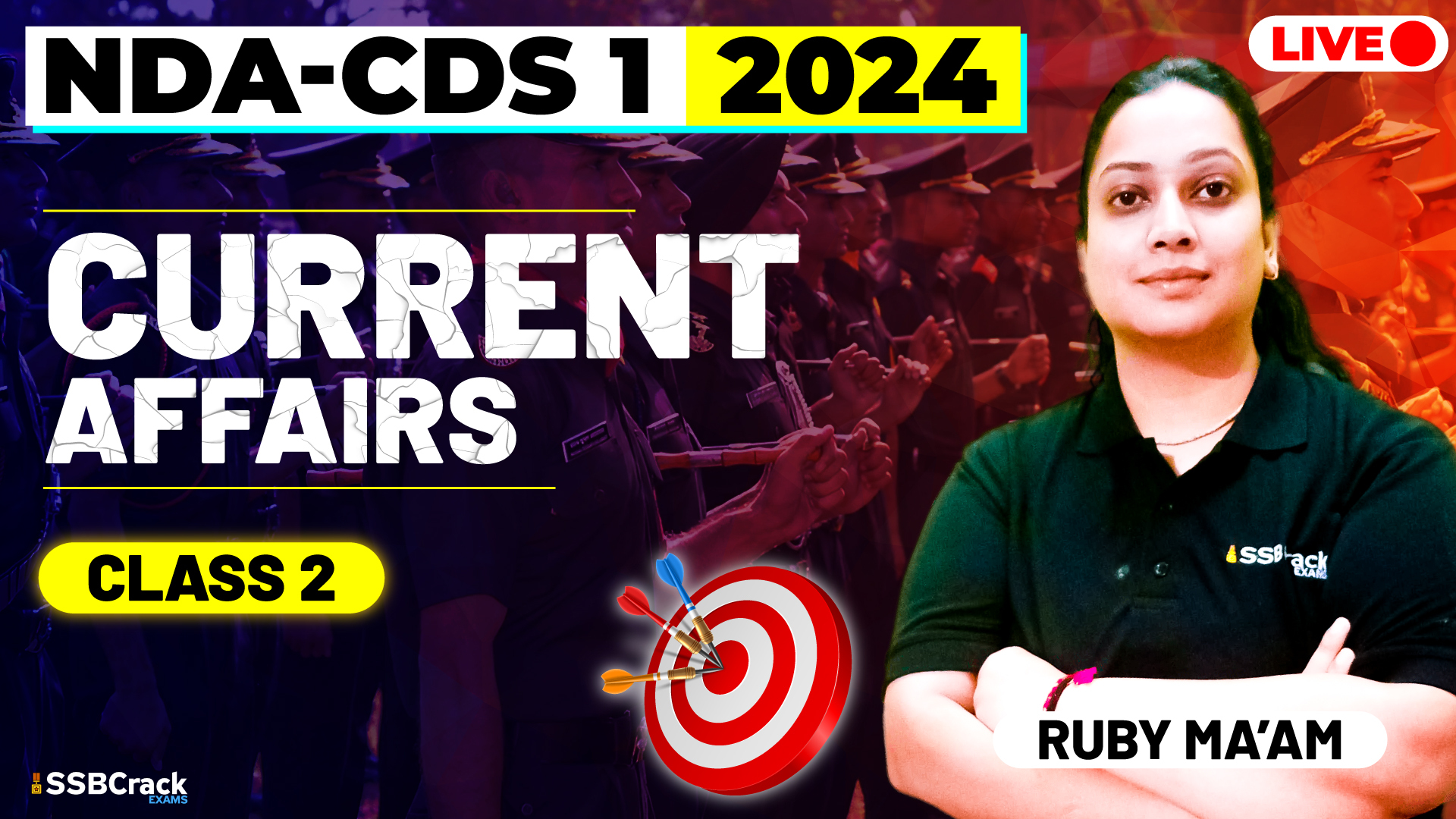In the pursuit of success in the Combined Defence Services Examination (CDSE) and the National Defence Academy (NDA) assessments, aspirants often grapple with the extensive syllabus that encompasses various subjects. Among these, current affairs stands tall as an essential component, demanding attention and strategic preparation. One effective method that aids aspirants in mastering this crucial section is the consistent practice of Multiple Choice Questions (MCQs).
The Relevance of Current Affairs MCQs
1. Comprehensive Learning:
Current affairs MCQs serve as miniature capsules of information, encompassing diverse topics from politics, economics, international relations, defence, and more. Engaging with these questions regularly ensures a well-rounded understanding of ongoing events and their implications.
2. Retention and Recall:
Regular exposure to MCQs on current affairs aids in better retention and recall. The brain tends to retain information better through repetition and application, making it easier to remember crucial facts and figures during the exam.
3. Exam Simulation:
Solving MCQs mimics the actual exam environment, providing a simulated experience of answering questions within a time limit. This practice helps in managing time efficiently during the exam, allowing candidates to navigate through questions swiftly.
4. Self-Assessment and Improvement:
MCQs offer an instant evaluation mechanism. Analyzing the answers after attempting a set of questions helps aspirants identify their strengths and weaknesses. This self-assessment enables a focused approach towards improving weaker areas.
5. Updated Knowledge:
Current affairs are dynamic. Consistent practice with MCQs ensures aspirants remain updated with the latest happenings, fostering an in-depth understanding of ongoing events and their significance.
Strategies for Effective Utilization of MCQs
1. Consistent Practice:
Dedicate a specific time daily for solving MCQs on current affairs. Consistency is key to mastering this section.
2. Thematic Approach:
Group MCQs based on themes or topics to enhance comprehension and retention. For instance, categorize questions related to international events, national policies, or defence updates.
3. Time-Bound Practice:
Mimic exam conditions by setting a time limit while solving MCQs. This habit helps in honing time management skills during the actual test.
4. Review and Analysis:
After solving a set of MCQs, thoroughly review both correct and incorrect answers. Understand the rationale behind each option to grasp concepts better.
5. Augment with Reading:
Complement MCQ practice with extensive reading from reliable sources. This reinforces understanding and provides a broader perspective on current affairs.
In conclusion, the systematic approach of solving MCQs on current affairs plays a pivotal role in acing the CDSE and NDA exams. It is not just about answering questions but about fostering a deeper comprehension of global, national, and defence-related events. Consistent practice, coupled with a focused strategy, is the pathway to mastering this crucial section and achieving success in these esteemed examinations.







